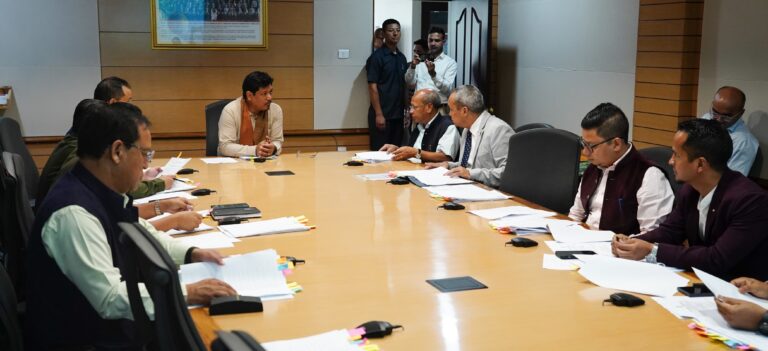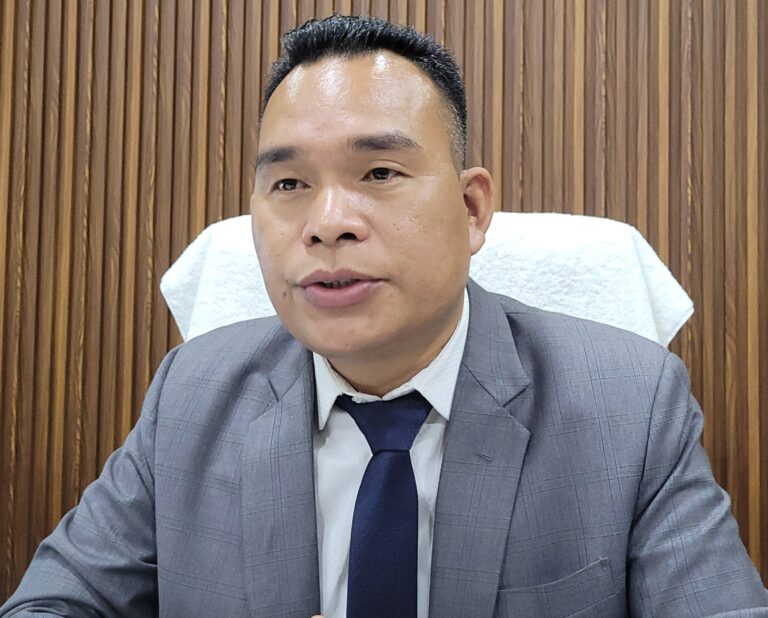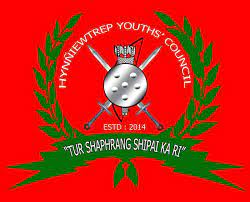
SHILLONG, JAN 13: In yet another landmark judgment, the Meghalaya high court on Wednesday directed the state government to bring suitable and comprehensive legislation on the functioning of a traditional headman even as it suggested the office needs to be brought under the purview of Right to Information (RTI) Act.
“Thus, we recommend to the state to bring a suitable and comprehensive legislation to settle the controversies connected with this office once and for all,” Chief Justice Uma Nath Singh said in a judgment passed on Wednesday, while disposing off a writ appeal.
He said, “We dispose the appeal while holding that the traditional institution of headman being an important tool of governance at the grass root level in the tribal system of democracy has existed since long.”
The court has also observed that it appears that there is no uniformity in respect of customary laws, practices and usages as well as the provisions of law enacted by Autonomous District Councils, apart from local legislation made by the concerned Autonomous District Council, which may cover customary laws, practices and usages prevailing in the Elaka or villages.
“There should be some common qualifications and eligibility criteria for contesting election to the office of headman, and also regarding the term of office, the remuneration to be paid for performing the duties, and the nature of duties connected with the office etc,” it stated.
The court has also directed that the office of the headman also needs to be brought within the purview of the provisions of the Right to Information Act considering that such institution acts as a tool of governance at the grass root level and is also being assigned an important role in implementing various programmes and schemes of the central as well as the state government.
“We direct the authorities to frame necessary rules in this regard for furnishing required information connected with the activities of the headman and his office and also about the schemes, he is assigned to implement, besides other duties which the headmen are obligated to perform under the customary laws, practices and usages prevalent in their area as well as under various provisions of the central and state enacted statutes,” the court said in the judgment.
It further directed the state government to include the headman in the definition of a “Public Servant”.
“The state should also include the headman in the definition of “Public Servant” for the purpose of prosecution under the provisions of Criminal Law, particularly, the Prevention of Corruption Act in the case of allegations of committing any financial irregularity or any other economic offences,” the court said.
It may also not be out of context, particularly looking at the amount of responsibilities, a headman is said to be discharging under the Customary Laws as well as various Statutory provisions (in the absence of any other elected body at the grass root level), apart from being assigned with the additional responsibility of implementing various social and government schemes and programmes, to impress upon the state, in the public interest, to make some statutory provision for fixing a remuneration commensurate with the responsibilities being discharged by the person holding that office so that he is able to perform his functions and duties honestly and with full dedication and devotion, it stated.
Moreover, the court directed, “The state government should also ensure that no person with anti-national and criminal background is allowed to contest the election, and as far as possible, the qualifications and eligibility criteria as provided under the Representation of Peoples Act 1951 and other Statutes for a candidate to contest the election to the State Assembly should also be made applicable to the case of candidates contesting the election for the post of Headman.”
“Besides, we also provide that till the suitable legislation or an ordinance during the pendency of the Bill is brought by the State Government, the directions passed in the impugned judgment which we affirm with modifications as the aforesaid shall remain in force,” it stated.-By Our Reporter




















+ There are no comments
Add yours